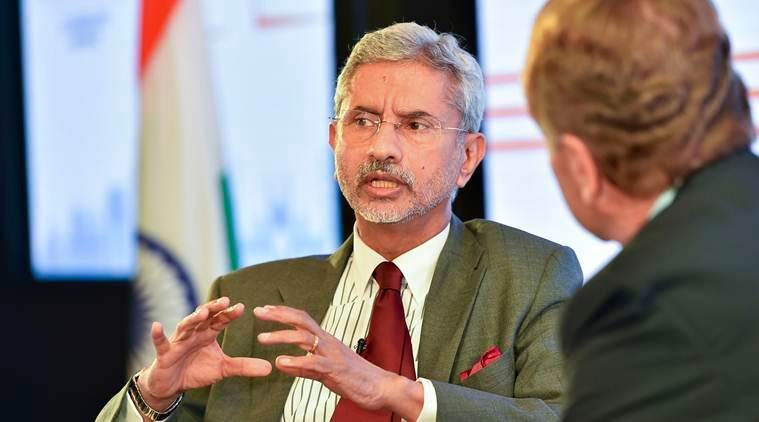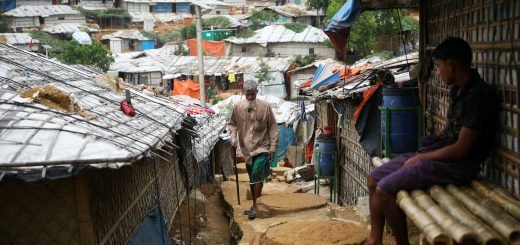G20 Matera Declaration on food security and nutrition: A Summary

The G20 Summit hosted the Foreign Affairs and Development Ministers Meet in Matera, Italy. The G20 a group of powerful and influential countries adopted the Matera Declaration on Food Security, Nutrition and Food Systems—as a measure to cope with the boundless challenges produced as an outcome of the ongoing raging pandemic. The COVID-19 pandemic has shown its cruelty affecting every aspect of human transactions and therefore to pick up agendas concerning these days, yet significant transactions must be given a priority. The declaration charted out a blueprint as well as goals to be followed and devised by the member states of the G20.
The clauses mentioned in the declaration revised the current production chains and further added how these existing institutions can be used to deliver the necessities to the beneficiaries. The declaration contains a total of 10 clauses and has rightfully identified the functions of international and transnational actors including the World Health Organization, United Nations Environment Programme, Food and Agriculture Organization, to name a few. The first clause detailed the current crisis, enlisting the SDG goals being disrupted due to the massive insecurity in terms of food production and distribution. Under the leadership summoned by the G20 countries, poverty alleviation, food security and sustainable food systems is not a mirage in the desert, but a possibility which this declaration has carefully assessed and plans to implement. The second clause further added, “The G20 is well-positioned to provide such leadership, while promoting an inclusive approach with all stakeholders, private and public, and pursuing ambitious yet concrete and actionable programs. New and innovative policies and responsible investments in agriculture, territorial development and sustainable and resilient food, soil, and water management systems, as well as acting 2 ahead of shocks to mitigate their impact, including in conflict situations, are needed to increase resilience and prevent future crises.”

The points mentioned under clauses 3,4 and 5 charted out the implementation of future action plans which would also cater to the gender divide and the urban-rural divide; quite pertinent whilst discussing matters related to food security and production chains. The clauses promised to implement channels bringing a confluence of both bilateral and multilateral mechanisms to deliver food security cutting across the gender and class cleavages. The declaration noted, “This includes emergency food assistance and safety nets, cash and in-kind transfer programmes as appropriate, local procurement schemes and school feeding programmes as relevant, mother and child nutrition programmes, food banks, to the extent possible based on locally produced biodiverse food and local food culture, and other interventions focused on informal sector workers, with particular attention to effective action for gender equality, youth, persons with disabilities and people in vulnerable situations, which builds agency and empowerment.”
Investment in food supplies, production and distribution need to also align with the requirements of climate change. Sustainable methods are the need of the hour and that’s precisely has been stated in clause 7 of the declaration. It stated, “This also requires better understanding and managing of climate risks, leveraging the power of the private sector and local national and international agricultural research organisations and knowledge institutes, as well as focusing on sustainable management and use of natural resources that are essential to food systems.”
However, the significant takeaway from the declaration has to be the measures spelt out to strengthen the international food trade open in compliance with the regulations of the World Trade Organization. The clause read, “. International trade is crucial to ensure access to inputs, goods and services to produce safe, nutritious and affordable food. We will continue to guard against any unjustified restrictive and distortive measures that could lead to excessive food price volatility in international markets and threaten the food security and nutrition of large proportions of the world population, especially the most vulnerable living in environments of low food security.” The Matera Declaration ended with the leaders’ commitment to comply with the clauses adopted in action with several programmes such as the Global Security Program, G20 Rural Youth Program and the Global Network against Food Crisis to develop mechanisms for obtaining food security channels in the post COVID world.
Indian External Affairs Minister, S Jaishankar expressed his appreciations for the declaration. He said, “Appreciate Italy for highlighting food security. The Matera Declaration reflects the Indian concern for the welfare of small & medium farmers, promoting local food cultures and recognising agri-diversity. Livelihood, health, digital access and climate action should now constitute the new developmental priorities.”


















